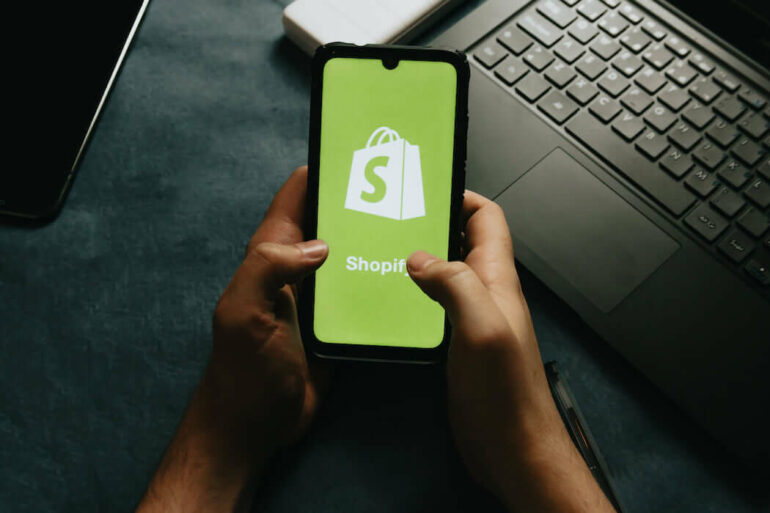Canadian e-commerce giant Shopify is rolling back a revenue sharing exemption that allowed developers on its app store to keep the first $1 million USD ($1.39 million CAD) they generated every year.
Shopify announced the change to policy in a blog post last week, saying it introduced the annual exemption during the COVID-19 pandemic to help small developers. When the annual exemption was first introduced, Shopify described it as a “way of showing how serious we are about supporting developers.”
Exemption intended to help small developers mostly benefitted large ones, according to Shopify VP.
Now, the revenue sharing exemption will only apply to the first $1 million USD of a developer’s lifetime revenue, with the 15 percent share on amounts above that remaining unchanged. Shopify added that earnings before Jan. 1, 2025 do not count toward the $1-million threshold, and that the earnings are aggregated at the partner level, including apps developed under associated developer accounts.
The exemption rollback was met with skepticism and backlash from some app developers on social media, who saw it impacting developer motivation, or took issue with the timing of rolling back the policy as merchants worry about tariffs affecting their costs. Another took issue with the blog post’s framing of app developers as beneficiaries of Shopify “paying out” rather than businesses with paying customers.
“The ‘we did it to support small businesses during covid’ rings a little hollow to me,” Mathias Schrøder, who develops an analytics app on the Shopify store, wrote in an X post. “You don’t cap at $1M and reset it every year if it’s meant as temporary covid relief for ‘small’ businesses.”
RELATED: Prime Minister Mark Carney almost worked at Shopify: former exec
Shopify vice-president of product, Glen Coates, did offer some insight on the logic behind exemption change in an X post replying to a Shopify app developer who simply reacted “Ouch” to the policy update.
“The first $1M break was originally intended to help dev entrepreneurs build their first apps on Shopify,” Coates wrote. “Turns out the annual reset mainly benefits a few hundred (great!) partners who have reached revenue scale and not the tens of thousands still at “hello world” stage.”
Shopify said it will use its increased share of the developer revenue to “fund tools, infrastructure, and innovation that benefit developers at every stage.”
Disclosure: BetaKit majority owner Good Future is the family office of two former Shopify leaders, Arati Sharma and Satish Kanwar.
Feature image courtesy Burst.


